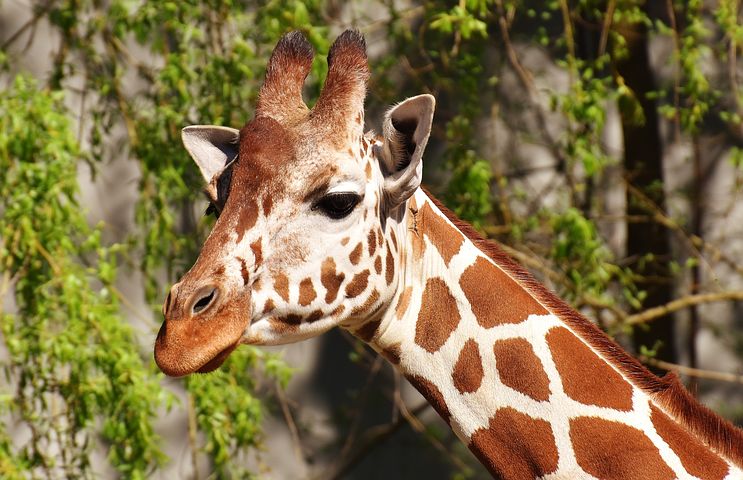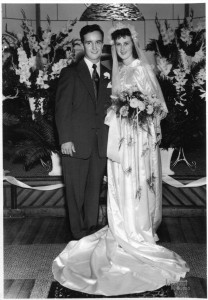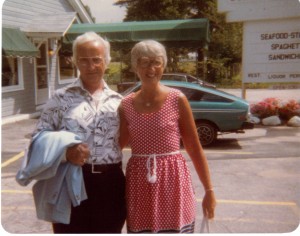I once learned something interesting about giraffes from one of my colleagues. He was lecturing on Roman art and architecture; when discussing the Coliseum, he mentioned that Roman audiences loved to watch novelty battles—between a woman and a dwarf, or a dog and a porcupine for instance. The voracious Roman appetite for more and more exotic beasts and contests produced a variety of combatants from all corners of the empire, including elephants, apes, the great cats, and rhinoceroses. And giraffes.

Imagine the scene: a fighting giraffe towers above its opponent, then with one swift motion lowers its large jaws and bites the head off its human or non-human combatant. And the crowd goes wild. Except that giraffes turned out to be rather disinterested gladiators, preferring to lope lazily around the arena, look for vegetation to munch, and take naps rather than fighting to the death. Pacifists in the arena aren’t very entertaining, so giraffes in the Coliseum gave way to slightly more aggressive creatures.
None of this surprised me, because although I have no direct experience with giraffes other than admiring them at the zoo on occasion, I gained intimate knowledge over the years of giraffe-like gentleness and peace, channeled through beloved human form—my mother.
Although I would have denied it vociferously as a boy or adolescent, I was a classic momma’s boy. My older brother loved my mother but was all about Dad, while my attachments were the exact opposite. My brother and I were a twentieth-century version of Esau and Jacob. My mother was a 100% Swede, with the appropriate accompanying last name (“Thorsen”—son of Thor), stature, and stoic personality. She was the stable center of my universe, while my father, an itinerant preacher and fund-raiser for his small Bible school, was on the road as often as he was home.
We lived out in the country and my brother and I rode the bus a half-hour each way every school day. My mother’s loving presence when I entered the house after a long day at work was so predictable and expected that on the rare occasions when she was not where I expected her to be I assumed the worst. I imagined that the rapture I had heard about so often in church and was so afraid of had occurred and my mother had been snatched up into heaven, leaving my brother and me, sinners that we were, to fend for ourselves during the tribulation to come. Be careful how much Baptist theology gets packed into Sunday School for the youngsters—someone will probably take it seriously.
Flashing forward several decades, shortly after we met (introduced by my parents), Jeanne mentioned to me that she had always thought of my mother as a giraffe—Jeanne knew my parents well for ten years or so before the two of us met. I had never imagined my mother as a giraffe, but once Jeanne said it I realized that it was a perfect comparison.
My mother had the temperament, grace, and even the long neck of a giraffe. Jeanne pulled out a children’s book the other day entitled Giraffes Can’t Dance—with my mother in mind, there should also be books called Giraffes Can’t Go To Movies and Giraffes Can’t Drink Alcoholic Beverages. Baptist giraffes, at least, did not do such things and neither did my mother.
My mother was in many ways a typical 1950s homemaker, cooking, cleaning, knitting, sewing, and generally making the place run. My father was charismatic and volatile; my mother was neither. But she provided a foundation and safety net so secure and reliable that on the few occasions that she was sick, away, or for some other reason unable to play her usual roles my inner world would temporarily descend into chaos. My father had a great sense of humor; my mother couldn’t tell a joke without either forgetting a crucial part of the setup or screwing up the punchline. 
My mother had no enemies and disliked no one. That’s not entirely true—I know of a couple of people over the years about whom she actually said something negative. I’ve often noted that the definition of a total asshole is someone that my mother would not have liked.
The word that most immediately comes to mind when I think about my mother—which I do frequently—is peace. She was the embodiment of parental love, setting a standard that I seldom if ever lived up to when I became a parent. But her presence and demeanor surrounded those around her in an atmosphere of calmness.
Once Sunday morning not long ago, I noticed how many times the word “peace” has a central place in the Episcopal service: “In peace we pray to you, Lord God,” “The peace of the Lord be always with you,” “The peace that passes understanding keep your hearts and minds in the knowledge of Christ.” The deep center of peace that I’ve discovered within over the past few years is where I believe God is—it is also where I am most deeply connected with my mother.
I am an interesting mixture of elements inherited from my parents. My sense of humor, what skills I have as a teacher, my love of books and the life of the mind, my intellectual restlessness and constant questioning of my faith, and my relatively low tolerance for being sick or in pain I get from my father. I remember many years ago a couple, B and N, who had known my parents for years before I met them were telling Jeanne and me stories about various times that my parents stayed at their house. These stories frequently featured my father being demanding, temperamental and self-centered as he often was. N said to me “in many ways, you remind me a lot of your father. But you’re a lot nicer.”
 If so, it is only because I inherited my mother’s natural concern for things and people other than herself, her even Swedish temperament, and her ability to empathize deeply (perhaps too deeply at times) with others. Of course I could also write about my negative characteristics that I also inherited equally from my parents, but those essays will wait for another day.
If so, it is only because I inherited my mother’s natural concern for things and people other than herself, her even Swedish temperament, and her ability to empathize deeply (perhaps too deeply at times) with others. Of course I could also write about my negative characteristics that I also inherited equally from my parents, but those essays will wait for another day.
My mother was born on Halloween and would have been ninety years old last October. I shudder to think of what a handful my father at that age might have been, but I imagine my mother at ninety as just an older and smaller version of the loving, peaceful giraffe-like person that she was. She died far too young of cancer only three weeks short of her sixtieth birthday; I am three years older now than she was when she died.
I recall receiving phone calls and cards from friends of my parents whom I never had met in the weeks after she died—the gist of most of them was that while my father the preacher and teacher was the ostensible draw and star of the meetings he held across the country, my mother was the real attraction. “We came to hear Bruce, but we really wanted to spend time with Trudy.” I dedicated my first book, published six years after she died, to my mother with the following verses from Proverbs: She opens her mouth with wisdom . . . Her children rise up and call her blessed.
Mom lived just long enough to play matchmaker and facilitate the meeting and budding romance between her thirty-something little boy and the person whom she somehow knew had the potential to be the love of my life. Jeanne and I met at my parents’ condominium the day before Thanksgiving in 1987; I was accompanied by my eight- and five-year old sons, just five months after the end of a difficult eleven-year marriage. Things clicked, our relationship developed with nightly telephone conversations between Santa Fe and Laramie, and when Jeanne joined me in Laramie and we returned with the boys to spend the Christmas holidays with my parents, we stayed at the local Motel Six (no room at my parents’ small condo) where my mother had properly reserved separate rooms—with an adjoining door. Thanks, Mom.













